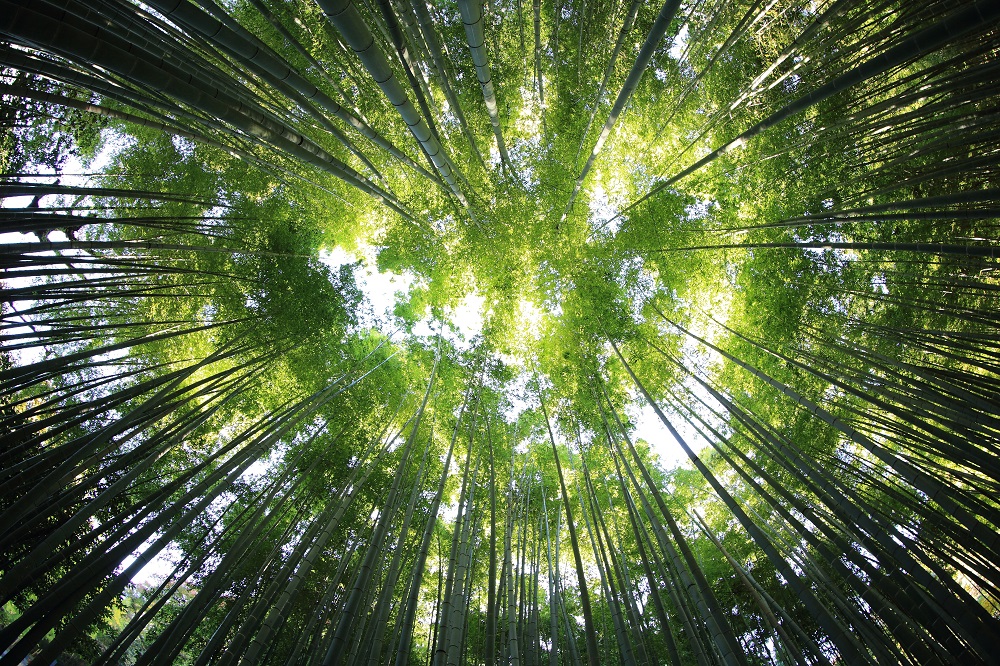
Today is International Forest Day. I also learn that today is Poetry Day.
In our Indian tradition poetry and forests share a very deep and ancient connection. Upanishads contain the essence of Indian philosophy. These are perhaps also some of the most ancient forms of organised poetry and these were written by the rishis dwelling in forests. That is the reason these ancient Indian texts are also known as Aranyakas. Aranya means forest and Aranyaka means ‘born in the forest’. In Sanskrit the poet is known as kabi. The ancient rishi have been referred at many places as ‘kabi’. The biggest of the upanishads goes by the name Bridadaranyaka Upanishad.
While the modern poet who lives in the concrete jungle mostly pictures a dystopian future for the civilization, the ancient Indian poems that originated in the forests provided nourishment for the soul and ample food for noble thought. Upanishadic poems do not take a narrow view point ideolising any particular ism. The insights of such poems are amazing. In our tradition who ever wanted to have a deeper connection with self was advised to go to the forest. Higher forms of poetry or creativity can come only with a deeper connection with the self.
Epic poem Ramayana has a section named as Aranya Kanda. Ramayana itself was written by sage Valmiki who lived in a forest. It is in Aranya Kanda that the foundational events of Rama’s life take place. He kills demons, comes across the most tragic event of his life and makes life long friends and enemies.
The modern popular poet sings – ‘har dil jo pyar karega woh gana gayega’. No doubt falling in love with a person may awaken the poet in some. But it is definitely not as deep as the poetry that happens when one falls deeply in love with the forest. Perhaps that is all the more reason, apart from the environmental ones, to urgently save the existing forests and find ways to replenish lost ones.
This is insightful and very unique take of combining both the important days. I enjoyed reading it thoroughly.
LikeLiked by 1 person
Thank you so much.
LikeLiked by 1 person
Loved the way you have connected both days and have explained the deep roots of celebrating them together. Enjoyed the read thoroughly.
LikeLike
Thank you so much.
LikeLike
really good content
LikeLiked by 1 person
Thank you
LikeLike
Forests represent Nature at its purest best. No wonder the poetic and spiritual elements of human soul awaken and strengthen in forests.
LikeLiked by 1 person
So true. Thank you so much dear friend.
LikeLiked by 1 person
Nature and poetry both nourish the soul, great thought
LikeLike
VERY USEFUL PIECE OF INFORMATION NO WONDER POETS LIKE ME ARE TRUE NATURE LOVER AS IT HONES OUR CREATIVITY
LikeLiked by 1 person